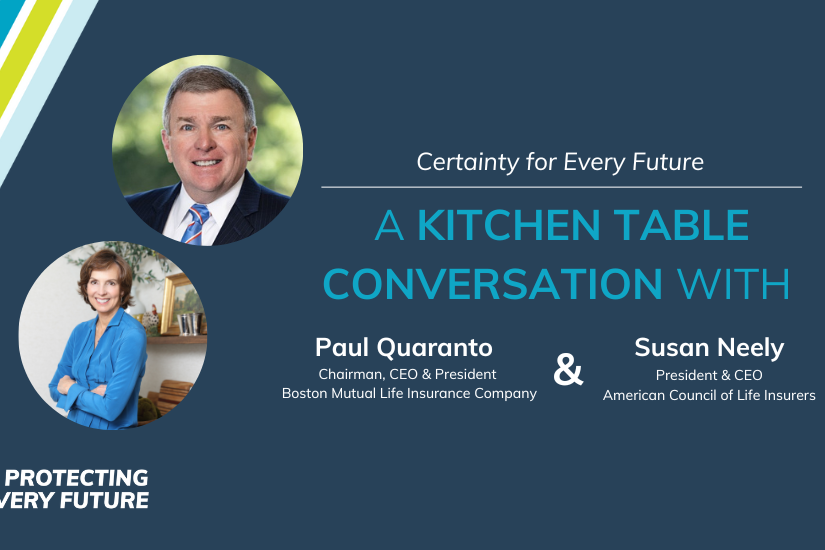SECURE Act Would Help Small Businesses Offer Big-Time Retirement Benefit

There are countless reasons to be excited about the Setting Every Community up for Retirement Enhancement (SECURE) Act. For starters, it will:
- Prevent as many as 4 million people in private-sector pension plans from losing future benefits.
- Allow older workers and retirees to contribute more to their IRAs.
- Protect defined contribution plans at 1,400 religiously affiliated organizations.
Here’s another one of my favorite reasons: SECURE will make it easier for small businesses to band together and provide retirement plans for their employees.
This will be a big victory for American businesses and employees.
Saving through payroll deduction to a workplace retirement account is a powerful and effective way to prepare for retirement. But while access to retirement accounts is high for workers at larger employers, only 47 percent of all workers employed by businesses with fewer than 50 workers have access to a workplace retirement plan.
Retirement plan options in the private marketplace exist for small businesses. But these employers often lack the resources to set up their own plans. SECURE will tackle this by allowing small businesses to pool their resources and establish a single retirement plan. That way, the businesses will benefit from the cost efficiencies and benefits that larger employers enjoy. This will make plans much more affordable and easier to manage. And it will encourage more businesses to offer retirement plans.
Passing SECURE will lead to at least 700,000 new savers nationwide including:
- 65,500 new savers in Texas
- 27,410 new savers in Pennsylvania
- 8,230 new savers in Kentucky
As more new businesses are formed every year, more and more employees will get access to retirement plans thanks to SECURE. Every year since 2011, startups have accounted for just under 30% of all new jobs in the United States.
SECURE will help employers like these and other small businesses provide key retirement benefits for their employees. This will be a win-win, helping the employees prepare for retirement and helping the employers attract and retain talent in a competitive labor market.
The Senate can provide a big win for American businesses and employees by passing the SECURE Act.





